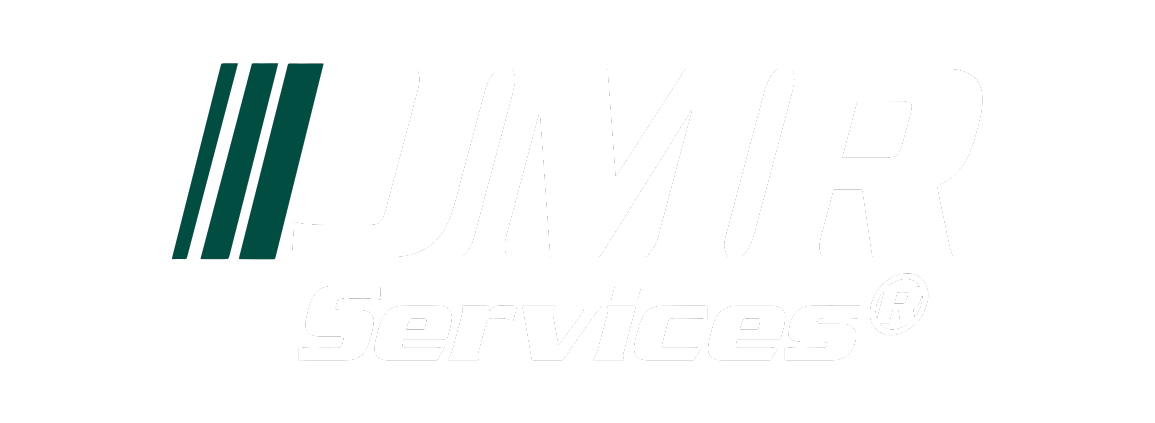
Safety is not just a part of the job,
it's the only way to do the job.
At JMR Services, we believe that a strong safety record contributes directly to our success and reputation in the industry. We are committed to upholding the highest standards of safety, ensuring that every project we undertake is conducted within the safest possible parameters. Safety is not just a part of our job—it is our duty to our employees, clients, and the community.

Our Approach to Safety is Absolute
Adherence to Regulatory Standards
JMR is rigorously compliant with the highest safety standards, adhering to protocols set by leading safety agencies including the Occupational Safety and Health Administration (OSHA), the Federal Motor Carrier Safety Administration (FMCSA), and the American Petroleum Institute (API). These standards underscore our unwavering commitment to maintaining and enhancing safety protocols that protect our workforce and the environments we operate in.
Active Membership in Safety Associations
JMR's dedication to safety is further exemplified by our active memberships in esteemed safety organizations such as the National Safety Council (NSC), Energy Workforce and Technology Council (EWTC), ISNetworld, Veriforce, and the West Texas Safety Training Center. These affiliations help us stay up to date of the latest safety innovations, share best practices, and continuously improve our safety protocols.
Empowering Employees with Stop Work Authority
Central to our safety culture is the Stop Work Authority (SWA) process. This critical policy empowers all JMR employees—especially those in the field—to halt operations immediately if they observe unsafe conditions or behaviors. SWA is not just a policy, but a responsibility that each JMR employee holds, ensuring that safety is always prioritized over productivity.
Comprehensive Safety Training
Our commitment to safety is reinforced through ongoing training programs for all employees. Regular training sessions ensure that every team member is equipped with the knowledge and skills to perform their duties safely, efficiently, and effectively. Regular audits complement these training efforts, ensuring standards are not only met, but exceeded.

